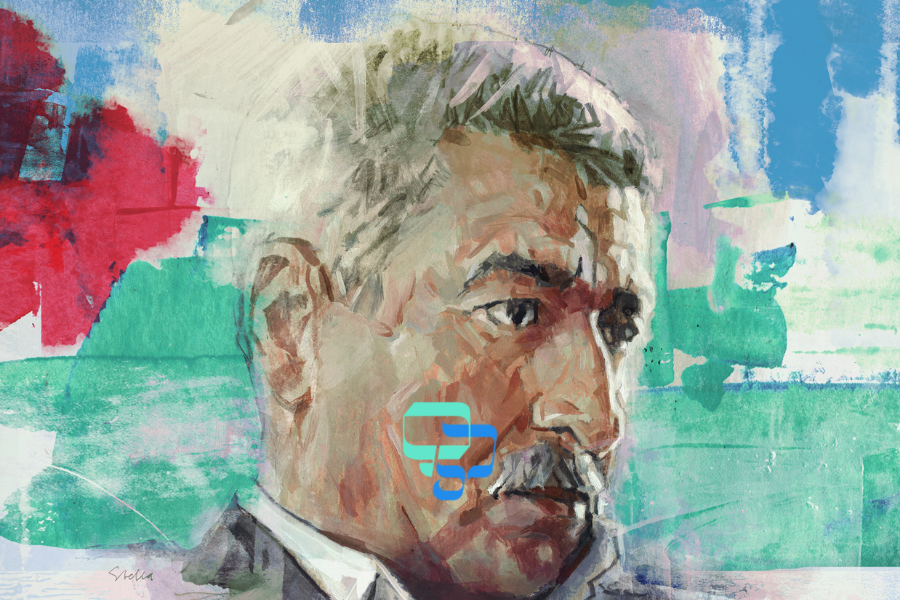
This film review, from SNS Volunteer Dominic, is the first of two reviews of recent films that look at the powerful impact of the ongoing conflict in Israel and Palestine on people's lives. Look out for Part 2 soon, a review of the film The Viewing Booth. You can watch Mayor on a variety of platforms which can be found here. If you're interested in other films, documentaries and TV shows about Israel & Palestine, check out our lists - Part One and Part Two.
As the classically romantic overtures of Mayor’s score overlays the opening images of Christmas trees, lights, and packed streets, one could easily be wrongfooted in their expectation of the ensuing 90 minutes. Here is where this quietly powerful film really excels though. Taking a conflict as well known, hotly debated, and widely misunderstood as that of Palestine and Israel, and crafting an intelligently human insight into municipal politics and managing to make it engrossing.
Directed, shot, and edited by David Osit, Mayor is a documentary film following the mayor of Ramallah for two years. Ramallah acts in many ways as the de facto capital of the Palestinian National Authority, and as a centre for its arts, culture, and commerce. Recently elected for a second term, Mayor Musa Hadid, alongside Ramallah itself, acts as the centrepiece of the film, always at the heart of Osit’s framing. We see Musa deal with mayoral tasks ranging from the minor, debates about a citizen’s building works knocking down his neighbour’s bathroom, to the terrifying, cleaning a journalist’s eyes out after being pepper sprayed by the Israeli army. Through several countries and many, many council meetings, Musa’s dedication to his town is what continually shines through, as the people of Ramallah show humour in the face of undeniable hardships.
The balancing act of documenting an occupation that is never far away from sparking into conflict never seems to bother Osit. The film feels just as comfortable acting as a glimpse into the daily lives of ordinary citizens and the city council that helps ease their existence. A powerful moment arises during a meeting between Ramallah’s council and a delegation of German policymakers. After being asked for a sit down with Israeli city planners such as themselves, Musa’s deputy speaks up and lays out their duty. Not one of political messaging, but much like any councillor of a German city, the aim is to improve the day to day lives of their citizens. Musa, through humour and humility that many politicians would do well to emulate, often appears weighed down by the task at hand. However, the film never slips into the documentation of a tortured individual. The collective issues of Ramallah are always at the centre of Musa’s mind. It speaks volumes that his greatest vice is the cigarettes that he is never far away from.
Despite the warmth of seeing a Palestinian Christmas celebration come together, and the dignity shown by the city’s people and their leader, it is inevitable that the filmmakers document the violent images of Israeli excursions into Ramallah and its historic town centre. As tear gas burns and stones are thrown, the joyous life that filled Mayor as a film suddenly feels very far away. It is, however, not the most haunting image of this impeccably shot film. Rather, this must go to the Mayor Musa Hadid, a Palestinian Christian, stood in front of an oil painting of the city of Jerusalem that is hung in the halls of Oxford University. Jerusalem is a holy place for Musa, alongside many Palestinian Christians and Muslims, which, when he is in Ramallah, is situated only a few miles away. Yet it is impossible for him to visit under the ongoing Israeli occupation.